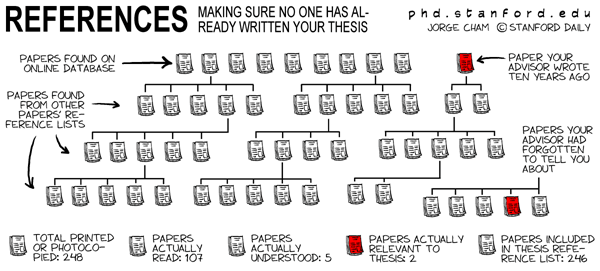I keep reading European Conference on Computer Vision, International Conference on Pattern Recognition, and others, and I find so much in common in those papers.
For example, half the papers seem like: X Algorithm combined with Y algorithm tested on Z database and was better than A in this category but worse than A in that category.
There are many top journals and top conferences with > 1000 papers, in a year, in this field. In addition to this we would have to go through all the tier 2, tier 3 conferences for lack of a similar piece of work.
While working on organic solar cells I found the same problem. I saw 20 different papers on extracting parameters from a single-diode/double-diode/XYZ model.
So how do we know if something relevant is already published?

